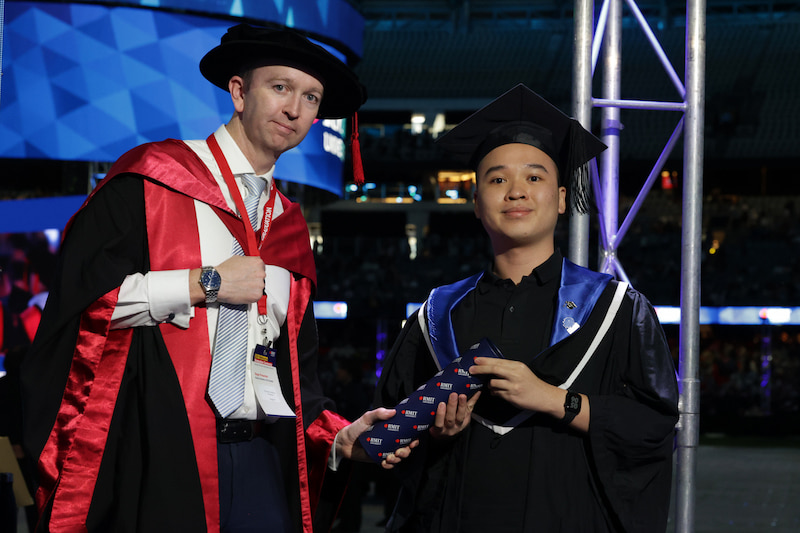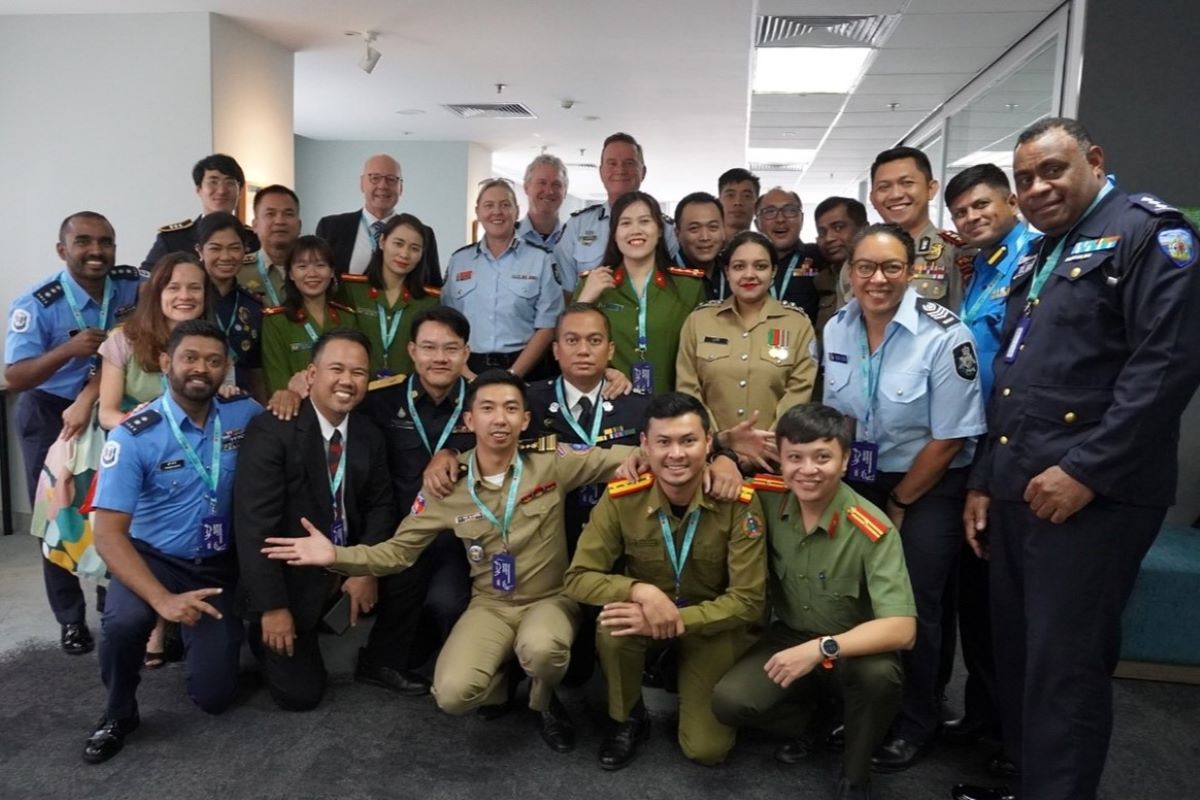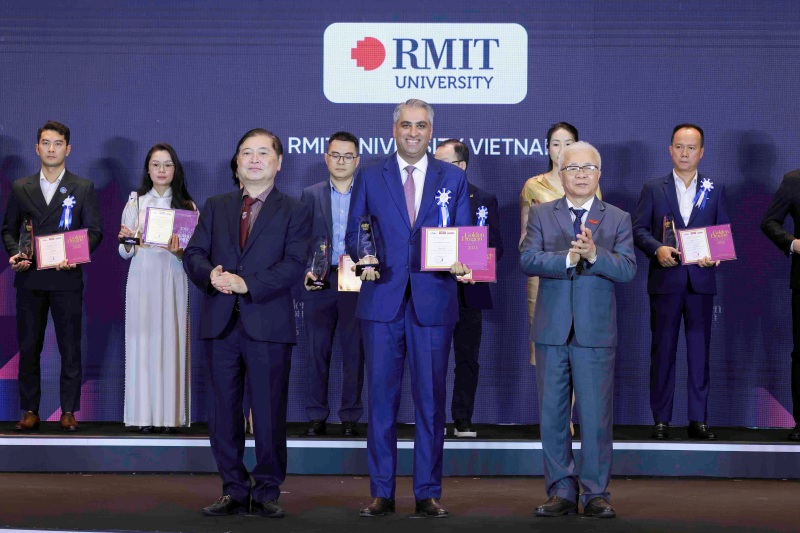Dr Ferne Edwards is a Research Fellow for RMIT's Centre for Urban Research and is based at RMIT Europe in Barcelona.
She coordinates RMIT's work as a partner on the research project EdiCitNet: Strategies towards integrating urban Edible City Solutions for social resilient and sustainably productive cities in Europe, funded through the Horizon 2020 (H2020) research and innovation scheme.
1. What’s the biggest challenge in your field?
“To achieve ongoing and real change we need supportive collaborations without ego or competition that employ empathy to consider others’ perspectives.”
“Such collaboration requires establishing a shared language and common values. If we’re going to achieve sustainable change, we need to work together.”
“We need more than the individual actions (which are still important but are not enough in themselves) of diverse groups who can agree on solutions to then support each other to harness, maintain, and propel the motivation to achieve them.”
“Change needs to occur in places where they’ll be of impact – be it in policy or at crucial junctures – to disrupt and impact structural issues that can ‘lock in’ environmental and social justice achievements to be carried on.
“So rather than getting caught up on the small details, people need to work together to achieve broad strokes of socio-political change that keep in sight the bigger picture of what we want to achieve.”
2. How is your research helping to drive change?
“My field is sustainable cities, food systems and social change.
“Through my work I identify many exciting and innovative urban social food projects across the world that demonstrate that such change is possible, and happening, with many ways to engage.
“By making visible such approaches, people who are doing these actions can see that they are part of a wider movement enhancing solidarity, in addition to giving hope to others that it’s worth getting involved.
“Social food projects provide so much more than food – they’re also about health, urban greening, overcoming social isolation and more.
“By bringing people together in cities through food practices, we can create clusters of understanding to support each other to create social change in many ways.
“My current job involves supporting the establishment of an international edible cities network that strives to help initiatives learn from each other.
“We aim to make this movement inclusive and representative within and across cities, to value grassroots actions for change, and to ask how can we best integrate innovative, community urban agriculture practices into policy to help this movement take its next step to create greener, more socially inclusive and resilient cities.”








